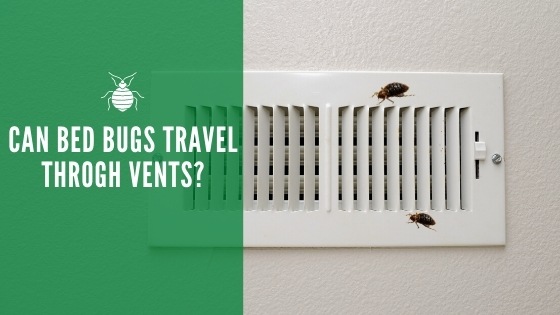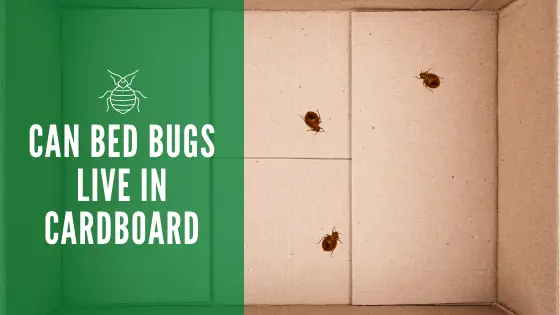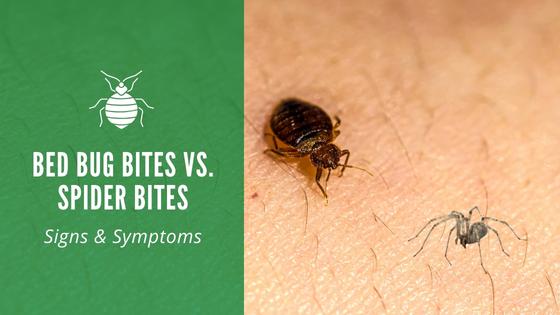Can Bed Bugs Travel Through Vents & Ducts?

Bed bugs can be disgusting pests that spread like wildfire. There are plenty of horror stories about people who put their suitcase down in the wrong place in a hotel and brought home a colony of blood-sucking parasites. Infestations are difficult to treat and can be a major headache. Sometimes, you will have to throw out furniture or spend days trying to find the colony that has infested your home.
With all of the nightmares that bed bugs (cimex lectularius) can produce, you can never be too careful. Many people do not know this, but even one female can create an entire colony if she is fertile. The rate at which bed bugs reproduce makes treatment a race against time. All of these factors mean that you may be worried about getting a bed bug infestation, especially if your neighbors, friends, or family have found the little parasites in their homes.
You may be wondering if bed bugs can travel through the vents in your home. This is not a simple yes or no question, as bed bug behavior, physiology, and other factors must be considered.
How do bed bugs get into vents?
Bed bugs, thankfully, cannot fly or jump. Their options for getting around are very limited. Part of their strategy to stay alive relies on them staying as hidden as possible, so bed bugs will crawl in dark cracks or crevices to avoid detection.
This means that a cloud of bed bugs will not fly out of your vents at night to feed and then fly back before the morning. Instead, they will find a dark, cramped space to establish their colony (like the bottom of your mattress or box spring) and crawl out to feed.
The only way that bed bugs can get into your vents or air duct is if that air vent is directly adjacent to the area they have set up as their home. Vents are not a very suitable habitat for bed bugs. They are smooth metal and usually not next to a viable host. A mattress corner or the space between upholstery and a wall gives bed bugs a much more comfortable and safe place to stay.
Another reason why vents do not support bed bugs is because of temperature. Bed bugs hate extreme heat. In fact, it is one of the most effective ways to kill them. Vents and air ductwork get very hot when heating a house, so bed bugs would not want to stay in them for any period of time.
How do bed bugs spread?
So if bed bugs do not spread through the air ducts, how do they move from place to place? Bed bugs will hitch a ride on fabrics to colonize a new space. If you sit down in a chair that is infested with bed bugs, they may crawl onto your jacket or clothing to come home with you.
Bed bugs have been documented spreading through a variety of means. It is important to remember that they cannot fly or jump, so clothing, luggage, or other fabric must come in direct contact with the bed bugs to bring them to a new place.
If you live in an apartment building and your neighbors are dealing with a bed bug infestation, the bed bugs are more likely to reach your apartment via electrical wiring, electrical outlets, and adjoining walls. Not air ducts or vents.
Keeping bugs out of your vents
While bed bugs may not travel through the vents in your home, there are plenty of other arthropods that may slip in through your ducts to buzz around your house. Depending on what region you live in, you may be dealing with pests such as mosquitos, wasps, stink bugs, or other flying insects.
If you have noticed bugs in your air ducts, the first step to take is to look for any crack or breach in your duct. Most air systems are designed to keep insects or other outside irritants from entering your home. The presence of insects in your air ducts may indicate that your outside vents have become loose, undone, or damaged. Sometimes you may be able to caulk loose and damaged vents yourself, or you may need to get in contact with an A/C professional.
Watch for plants or foliage that may be up against your outside vents. If they are close enough to your air vents, insects may transfer from their natural home to your air vents simply by chance. Air conditioners can suck in air to cool your home, but if bugs are present, they may be swept along for the ride!
If you are worried about outside insects entering your home through the vents, you can always purchase screens to filter the air coming in. Insect screens are not difficult to find and can be a very effective way to stop insects from entering your home.
If you have woken with multiple bed bug bites, you may be dealing with a serious infestation. Dial the 24/7 bed bug removal/pest control hotline to put an end to your bed bug problem today!



